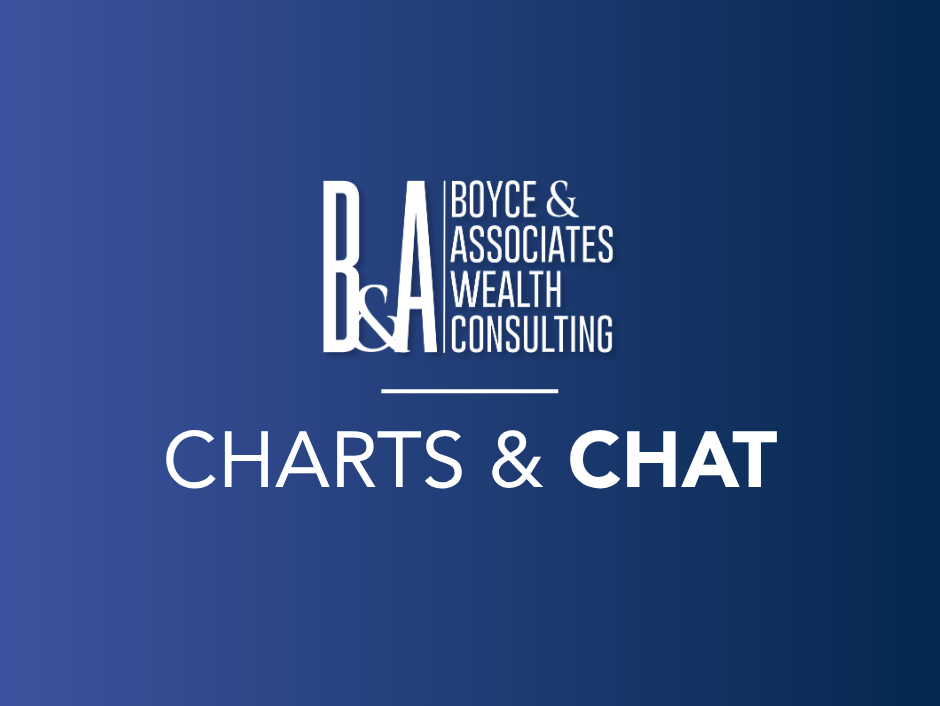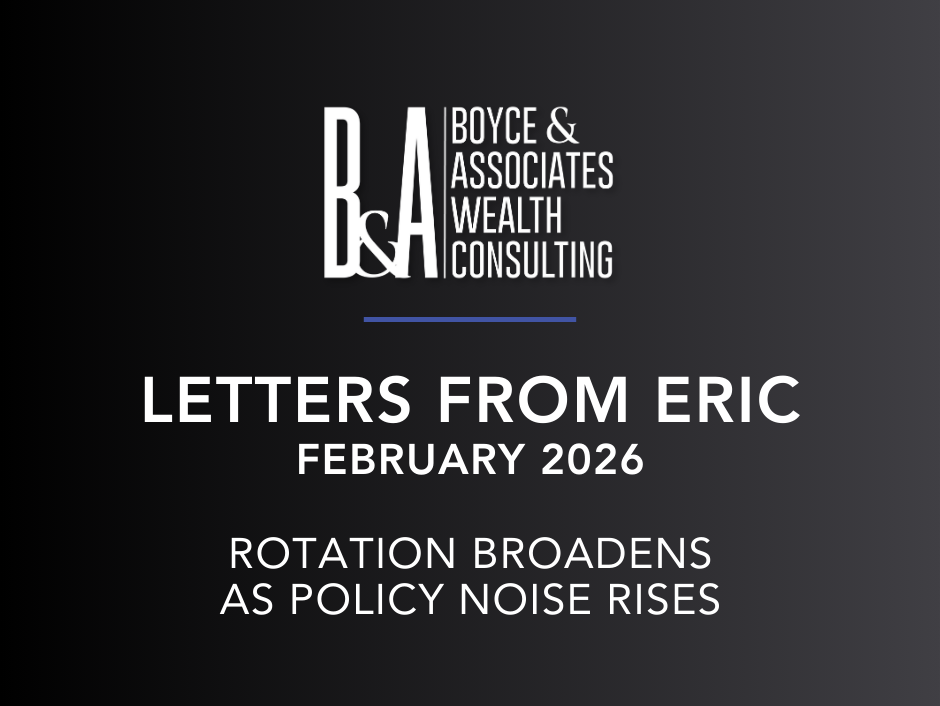The Importance of Business Valuations
Business owners spend considerable time and energy trying to enhance company value by developing growth plans with well-defined goals. These plans are designed to maximize value over time, but it’s hard to achieve those goals without knowing where to begin.
Not only do owners need to understand what their business is worth today, they also need to know what supports and drives that value. Far too often, owner overconfidence or apathy causes this step to either be neglected or downplayed, or at a minimum, based on incomplete data or conjecture. In this case, a valuation usually serves as a reality check for owners with a biased or uninformed viewpoint on what their business is worth.
The assessment of value is indeed an art form as much as it is a science. Business valuation is a process and a set of procedures used to estimate the economic value of an owner's interest in a business. An accurate valuation of a closely held business is an essential tool for a business owner to assess both opportunities and opportunity costs as he or she plans for future growth and eventual transition. It provides either a point-in-time assessment of relative value for an owner, or perhaps the price a buyer would be willing to pay to acquire the business.
On its face, business valuation is actually a relatively simple and straightforward concept. A qualified professional first analyzes the subject company’s financial statements and considers comparable transactions, industry ratios and other quantitative and qualitative information. Then, applicable adjustments are made to align the subject company to an industry standard or benchmark. The result is a reasonable assessment of fair value, usually performed under the Uniform Standards of Professional Appraisal Practice (USPAP).
Despite the benefits, however, many business owners are apprehensive about what to expect when going through the valuation process. In some cases, valuations can expose areas of the business which actually take away from value, such as weak financial and accounting controls, under-performing assets and weaker operating ratios relative to its peer group.
Why would a business owner want a valuation?
The traditional answer is that valuations are needed to resolve tax or legal issues. However, valuations are actually performed for a myriad of reasons, including but certainly not limited to selling or acquiring a business. In the cases of death or divorce, valuations are needed to equitably distribute estate assets according to terms spelled out in legal filings.
Valuations are often needed when gifting or donating company stock as part of a charitable contribution, in resolving IRS or shareholder disputes, or when converting a C-corporation to an S-corporation.
In addition, owners would generally perform a valuation when attempting to raise strategic capital or obtaining a Small Business Association (SBA) loan. Implementing an Employee Stock Ownership Plan (ESOP) would certainly necessitate an initial and annual valuation, as would creating buy/sell agreements amongst business partners.
Moreover, a formal business valuation can help to reconcile perceived opinions on value, and coupled with a marketability analysis, it can help a business owner determine relative value in the marketplace.
Key considerations for the appraiser
The appraiser will first consider the purpose and objective of the valuation. They will then look at the nature and background of the business, its products and services, as well as the industry life cycle, economic and political environment. Unique factors are then considered, including customer relationships, executive compensation, as well as excess assets, working capital, and liabilities.
Considerations which could have a profound influence on value include goodwill or other intangible assets, the dependency on an owner or key employee(s), diversity of the customer base, market position and the competitive landscape of the industry. There are three widely accepted fundamental methods used in valuing closely held business interests, the asset, income, and market approach. The method(s) most useful in determining final value will depend on several factors, including the purpose of the valuation and the type of company being valued.
The asset approach measures the fair value of the components of a company’s balance sheet, by subtracting liabilities from total assets. This method is most appropriate for asset intensive businesses.
The income approach measures the businesses’ ability to generate income and future cash flow, based on anticipated future profits. This method is most applicable for companies with reasonable earnings visibility.
The market approach measures the value of the business based on either comparable private market transactions or similar publicly-traded companies which have similar industry, size and other performance characteristics.
Exit & Estate Planning Considerations
A business valuation is an essential component of the estate and tax planning process for owners and their families. Since the value of the business often accounts for the bulk of the owner’s net worth, determining a reasonable value is not only critical to retirement planning following the exit from the business, but also the groundwork required to both protect and transfer that wealth to the next generation.
Statistics suggest that most owners don’t do business planning or even plan for their own exit, and as a result, many transactions leave sellers feeling somewhat unfulfilled. If used correctly, however, a thorough valuation can provide that very important starting point in strategic growth planning, as well as some important visibility for an owner contemplating the long term. It can also serve as a meaningful tool as part of a business “gap analysis” to help identify and eliminate the various anchors to value growth during the exit planning process. A valuation incorporated into a comprehensive business assessment should yield higher business growth over time, as well as higher terminal values and selling prices.
November 18, 2018
Eric C. Boyce, CFA is President & CEO, Boyce & Associates Wealth Consulting, Inc. and Boyce & Associates
Business Valuations, LLC










